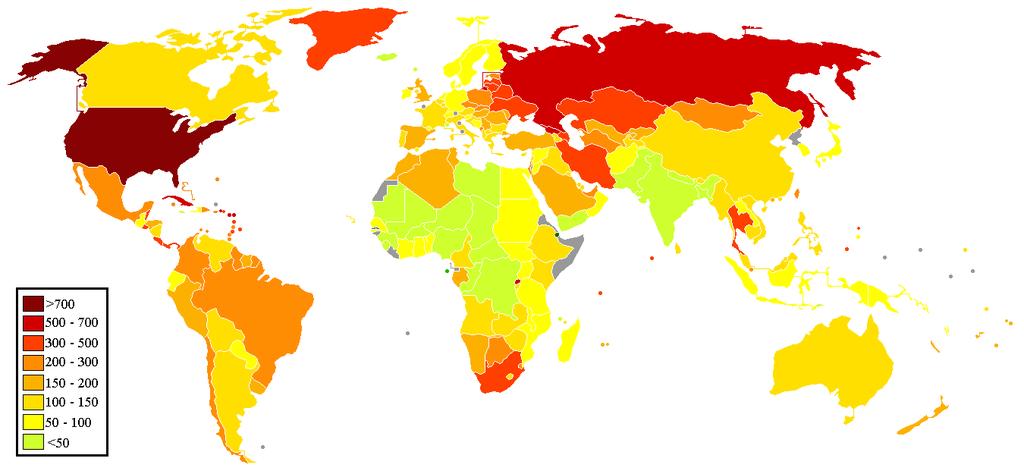Bosnia Institute News tells us that Omarska is being wiped from memory.
On 9 May, a group of survivors came to Omarska, near Prijedor in Bosnia, to lay a wreath for those who perished there in 1992. It was Victory Day – a Bosnian holiday to mark the defeat of fascism in the World War II – and also, for them, an opportunity to commemorate the victims of numerous detention camps from the more recent conflict. They did so last year and in the years before at this place, now an iron ore mine but once notorious as a place of torture and death for several thousand Bosnians at the hands of Bosnian Serb forces.
But guards hired by ArcelorMittal, the largest steel producer in the world and the current owner of the site, did not allow them to place flowers at the gate. They were acting in accordance with the wishes of Prijedor’s hard-line Serb mayor Marko Pavic and ArcelorMittal’s new policy, which has suspended a previously expressed commitment to fund a memorial and allow survivors unrestricted access to this site of remembrance. A corporate giant that recently invested 19.2 million pounds in the London ‘Orbit’, and that has sought to project an image of corporate responsibility, ArcelorMittal has shown a different face in a troubled land from which some of its profits come.
The images of the emaciated inmates of Omarska broadcast in the summer of 1992 to the world by a group of British journalists shocked the international public, bringing back memories of Nazi concentration camps. The evidence of torture and killings of detainees at Omarska, collected by a UN Commission of Experts, led to the establishment of the first international war crimes court since Nuremberg and Tokyo – the International Criminal Tribunal for the Former Yugoslavia. Some 20 Bosnian Serbs, including guards, commanders of the camp and local political leaders, have been convicted of crimes against humanity committed in Omarska.
As peace set in and foreign investors picked through state-owned assets in Bosnia, Mittal Steel decided to purchase the site of the concentration camp, together with a complex of rich ore mines and facilities around Prijedor (including the locations of mass graves where the bodies of murdered Omarska inmates were dumped by Serb authorities). It was a logical purchase, following the earlier acquisition of the huge steelworks in Zenica in central Bosnia.Fearing a possible backlash and bad publicity, Mittal agreed with camp survivors that certain buildings at the Omarska complex would remain untouched and accessible to survivors and victims’ families. The agreement was followed by a promise that a memorial would be built on the site and financed by Mittal. This was in 2005, but things have changed dramatically since then.Mittal’s promise was made at the height of hopes that Bosnia was heading in the right direction, towards a reckoning with the legacy of atrocities committed during the nineties. The project of Omarska Memorial, led by a UK-based group ‘Soul of Europe’, contracted by Mittal to facilitate discussions between Bosniak, Croat and Serb representatives in Prijedor, was hailed internationally as an example of Bosnia finally coming to terms with its ghosts. Not everybody was happy with the proposed memorial, but it seemed to be a breakthrough in a community ravaged by a brutal fratricide.
However, shortly after this event, the mayor of Prijedor forcefully rejected the initiative. After a meeting with former UK Ambassador to Bosnia Matthew Rycroft, Marko Pavic said that a memorial in Omarska would ‘undermine relations between different ethnic groups in Prijedor’. As a response, Mittal representatives ‘suspended’ the Omarska Memorial project, insisting that the suspension was temporary.The promise of a reckoning in Bosnia quickly evaporated under an onslaught from the prime minister (today president) of Republika Srpska, Milorad Dodik, who embraced the strategy of ‘separation of peoples’ set out by Radovan Karadzic on 12 May 1992. Dividing ethnic communities, deeply scarred by the war, was an effective tactic to weaken Bosnian state institutions and strengthen Dodik’s rule in the entity dominated by the Serbs. He knew that nothing works better to sow resentment and mistrust than the denial of heinous crimes, such as those that took place in Omarska.
(This is a syndicated post. Read the original at FreeThoughtBlogs.)






